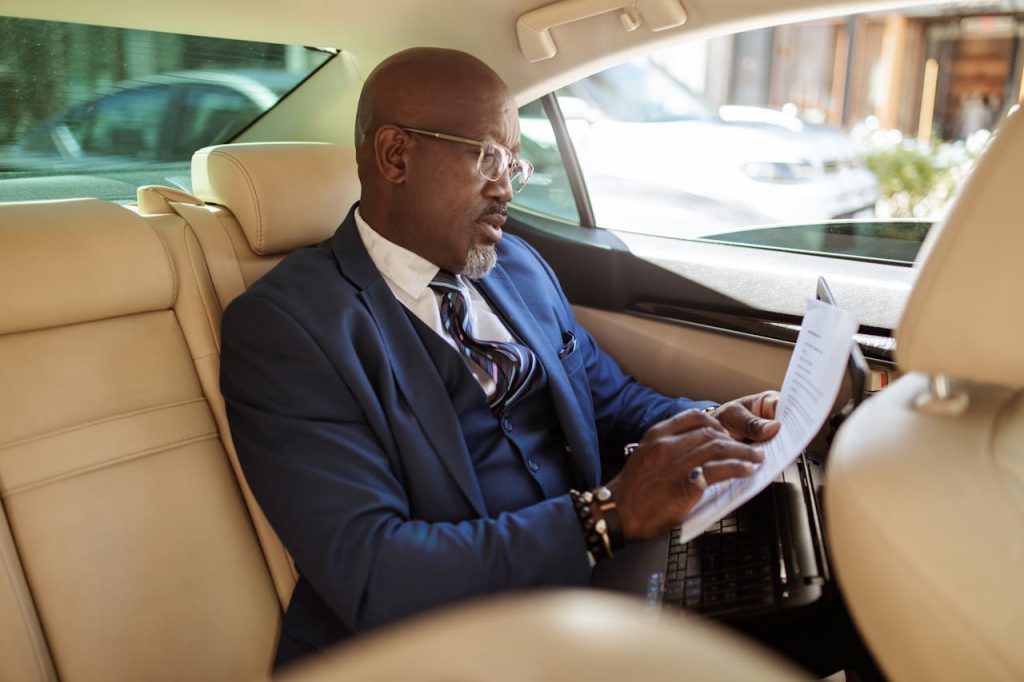
Training Your Hotel Staff to Handle Common VIP Guest Scenarios
VIP Guest Scenarios in Hotels: Training Your Staff to Handle These Efficiently
Effectively hosting VIP guests is one of the ultimate tests of a hotel’s service standards. Whether it’s a celebrity seeking privacy, a business leader expecting precision, or an influencer sharing their stay online—such moments demand discretion, coordination, and confidence. Training your staff for these scenarios ensures professionalism under pressure and protects your hotel’s reputation.
Let’s look at some common VIP guest situations and how your team can handle them efficiently through smart training and role-play.
✨ Scenario 1: Celebrity Check-In
Situation: A sports star or any other celebrity arrives to stay at your hotel.
Protocol:
- Use private entrance and discreet check-in
- Assign suite with privacy features
- Staff briefed on NDA and media protocol
Role-Play Tip: Practice greeting with warmth but minimal fanfare. Avoid asking for autographs or photos.
💼 Scenario 2: Corporate Executive Stay
Situation: A CEO is visiting for a board meeting.
Protocol:
- Provide express check-in and meeting room access
- Offer personalized welcome kit with business news
- Ensure secure Wi-Fi and printing
Role-Play Tip: Simulate a professional greeting and offer to assist with logistics discreetly.
💖 Scenario 3: Honeymoon Couple (VIP Loyalty Members)
Situation: A couple celebrating their honeymoon.
Protocol:
- Decorate room with romantic touches
- Offer spa session and dinner reservation
- Send handwritten note from GM
Role-Play Tip: Practice a warm, celebratory tone and offer personalized suggestions for their stay.
🏛️ Scenario 4: Government Official (VVIP)
Situation: A minister attending a diplomatic event.
Protocol:
- Coordinate with security and protocol teams
- Block off floor and assign liaison officer
- Respect cultural and dietary preferences
Role-Play Tip: Practice formal greetings and simulate coordination with external teams.
📸 Scenario 5: Influencer Stay
Situation: A travel influencer is invited for a promotional visit.
Protocol:
- Curate photogenic room setup
- Offer exclusive access to signature areas
- Coordinate content creation with marketing
Role-Play Tip: Practice offering curated experiences and briefing influencer on brand guidelines.
🛠️ Scenario 6: Repeat Guest with Past Complaint
Situation: A guest with a prior issue is flagged as VIP.
Protocol:
- Offer upgrade and apology note
- Assign senior staff to oversee stay
- Monitor feedback proactively
Role-Play Tip: Practice empathetic listening and service recovery gestures.
Why Training Your Staff for VIP Situations Matters
Handling VIP guests is not just about offering luxury—it’s about precision, emotional intelligence, and brand reputation. A single mishandled VIP interaction can impact your hotel’s image far beyond one guest.
-
Builds Confidence and Consistency: When staff are trained on specific scenarios, they handle VIP requests calmly and professionally without hesitation. This consistency builds trust with high-profile guests.
-
Protects Hotel Reputation: Celebrities, influencers, and corporate executives have large audiences. A smooth, respectful experience can lead to powerful word-of-mouth and social endorsements, while a single slip-up can go viral.
-
Enhances Team Coordination: VIP stays often require multiple departments to synchronize—security, housekeeping, F&B, and guest relations. Training fosters cross-departmental teamwork and preparedness.
-
Boosts Guest Loyalty and Revenue: Exceptional service during VIP stays often translates into repeat bookings, extended stays, or future corporate tie-ups.
-
Elevates Brand Perception: When word spreads that your hotel “handles VIPs effortlessly,” it attracts both prestige and new clientele who value professionalism.
Common Mistakes to Avoid While Handling VIP Situations
Even well-meaning teams can make errors that dilute the VIP experience. Awareness of these pitfalls ensures smoother operations and higher guest satisfaction.
-
Over-Attention or Over-Familiarity: Constantly hovering, excessive greetings, or personal questions can make VIPs uncomfortable.
-
Ignoring Privacy Protocols: Sharing photos, revealing guest details, or gossiping internally violates confidentiality and professionalism.
-
Uncoordinated Communication: When departments don’t share updates, small lapses—like missed requests or incorrect meal preferences—can become big issues.
-
Inadequate Briefing: Failure to brief all concerned staff before VIP arrival can lead to confusion or awkward interactions.
-
Lack of Emotional Sensitivity: Some VIPs prefer anonymity or simplicity; staff must read cues and adjust behavior accordingly.
-
Treating VIPs as “Exceptions Only”: Training should focus on extending the same courtesy and efficiency to all guests—VIP treatment begins with a culture of service, not hierarchy.
🧾 Quick Recap: VIP Guest Scenario Training Summary
1. Common VIP Scenarios and Key Training Focus
| Scenario | Key Protocols | Role-Play Focus |
|---|---|---|
| Celebrity Check-In | Discreet entry, privacy, NDA briefing | Warm yet minimal fanfare, no selfies or autographs |
| Corporate Executive Stay | Express check-in, meeting readiness, secure Wi-Fi | Professional greeting, logistical support |
| Honeymoon Couple (VIP Loyalty) | Romantic setup, special dining/spa, GM note | Warm, celebratory tone, personalized suggestions |
| Government Official (VVIP) | Security coordination, floor blocking, cultural sensitivity | Formal greeting, simulated liaison coordination |
| Influencer Stay | Photogenic setup, brand brief, marketing coordination | Offering curated experiences and clear guidelines |
| Repeat Guest with Past Complaint | Upgrade, apology note, senior oversight | Empathy, active listening, service recovery |
Common Mistakes to Avoid
| ❌ Mistake | ✅ Preferred Behavior |
|---|---|
| Overexcitement or excessive familiarity | Be professional, respectful, and composed |
| Breaching confidentiality | Never discuss or post about VIP guests |
| Uncoordinated communication | Keep all departments informed pre- and post-arrival |
| Ignoring cultural etiquette | Study guest background and adapt service accordingly |
| No post-stay review | Debrief to identify learning points and improvements |
📋 Training Focus Areas to Develop
| Focus Area | Training Method | Objective |
|---|---|---|
| Scenario-Based Simulation | Role-plays of celebrity, executive, influencer, etc. | Build readiness and confidence |
| Emotional Intelligence | Interactive workshops | Improve empathy and guest reading |
| Cross-Department Coordination | Mock arrival drills | Streamline internal communication |
| Cultural Sensitivity | Etiquette training | Ensure global hospitality standards |
| Crisis Response | Tabletop exercises | Prepare for unexpected challenges |
